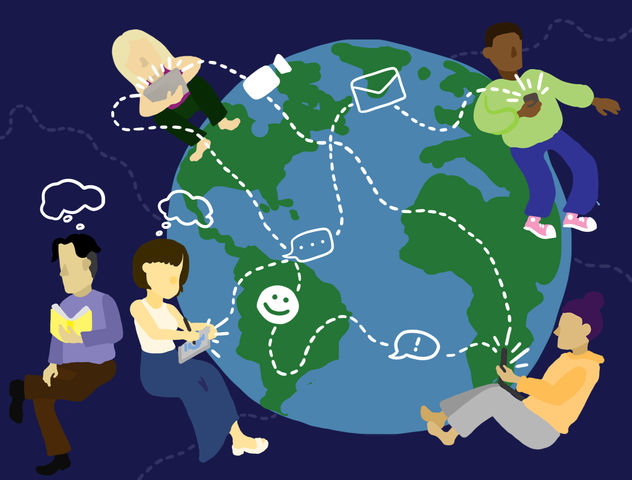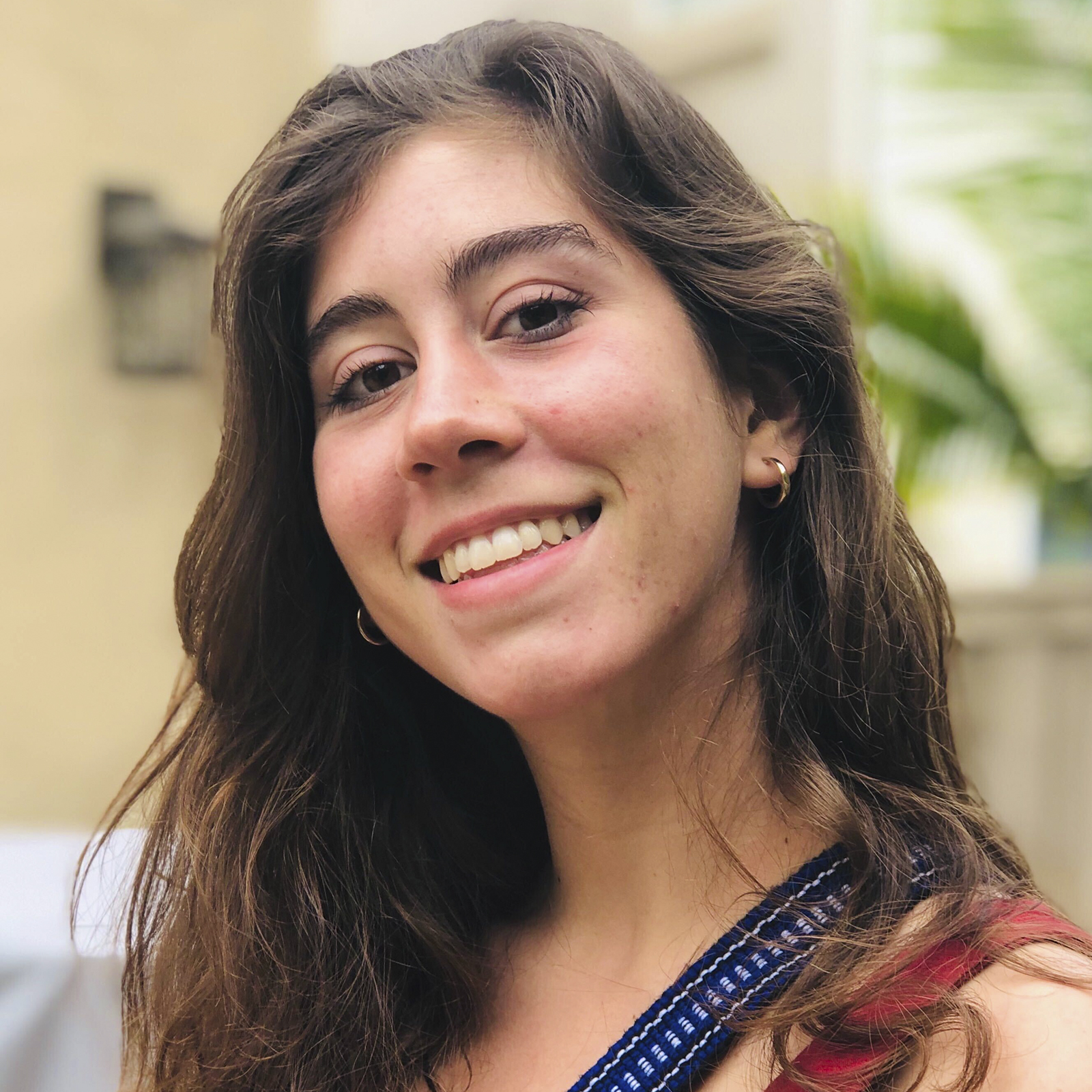In a new pandemic reality, students in relationships go virtual to stay connected

(Shari Wei/Daily Bruin)

By Maddie Rausa
May 13, 2020 6:30 p.m.
Since the start of the COVID-19 pandemic, Kat Sharp has been living more than 400 miles away from her partner, Blue Flood.
The two have been dating for four months. They now communicate through digital channels since Flood’s home is in Southern California and Sharp’s temporary residence is in Northern California.
Sharp, a first-year psychology and English student, said she is holding onto hope that she can see Flood, a first-year political science and Middle Eastern studies student, in the upcoming fall or winter quarter.
“It’s important that people have things to look forward to,” Sharp said.
Couples at UCLA separated because of the pandemic are now facing the difficulties of maintaining long-distance relationships.
Flood said the initial separation was difficult for them and Sharp. They almost broke up early on.
“It wasn’t because of any problem with our relationship,” Flood said. “It was literally just the situation.”
Relationships may be more vulnerable in times of stress and separation, but they still need the same fundamental components, said Theodore Robles, a psychology professor.
“One simple rule of thumb is to every day do something that makes your partner feel understood, … feel valued and feel cared for,” Robles said.
In any healthy relationship, partners should strive for those three ends, Robles said.
Partners can talk about stress to show they understand what the other is going through, Robles said. Even small acts, like buying them a meal they love, can show a significant other they are cared for, Robles said.
Kevin Naseri and Melody Chan are living in California and Florida, respectively, after leaving UCLA. They have been dating for a little over a year.
Because it is their first time being long-distance during the school year, they have had to become more patient with each other, said Chan, a second-year business economics student.
“You can’t expect that person to be by your side all the time, and you also have to take into consideration all the stuff that they’re dealing with,” said Naseri, a second-year pre-economics student.
Among other challenges, students are facing transitions to online classes and changes of residence, all of which can complicate a relationship.
Sharp and Flood considered moving in together during quarantine but decided against it because Flood’s parents are both health care workers, and Flood’s mother has asthma. Flood was afraid that if their mother fell sick, they wouldn’t be able to visit.
Their relationship suffered during these transitions, Sharp said. She and Flood both felt the burden of not being able to talk about their relationship to family members, unlike at UCLA, where they could openly discuss issues with friends.
“Being at UCLA was kind of like a fantasyland where homophobia pretty much didn’t exist,” Flood said. “And now that you’re at home, it’s like, ‘Oh yeah, I forgot about that.’”
Furthermore, Sharp said that bad experiences with long-distance relationships in the past made her overthink every interaction with her partner when they were first separated.
“It even kind of made it to the point where Blue got sad talking to me, because it just felt so different than what we were used to,” Sharp said.
When Flood brought up how different things felt, and Sharp shared her feelings, they went back to interacting the way they had before, Flood said.
Chan and Naseri experienced dating long-distance before the pandemic, so when it came about, they weren’t completely lost, Chan said.
Chan also had advice for people dating long-distance for the first time.
“Try to make more time to just talk to each other, especially if there are issues or any tension that comes up, and not just keep it bottled up inside,” Chan said.
Sexual partners may also have to adjust if they are separated during this time, said Nina Sheridan, co-director of the student group Sexperts. Sexperts is a committee under the Student Wellness Commission that focuses on student sexual health and education.
Sheridan, a fourth-year molecular, cell, and developmental biology student, said she could not speak for Sexperts on the topic of sexual relationships, but she could offer personal advice.
Video calling, voice calling and texting are all potential avenues for staying sexually active with a partner, Sheridan said.
“The main thing that you’re going to want to focus on is the fact that both of you are comfortable, and the awkwardness of it being via a virtual channel isn’t getting in the way,” Sheridan said.
Partners should experiment and communicate to find the right fit. The specific way partners communicate is especially important, Sheridan said.
“Using ‘I’ statements is actually a really, really powerful thing,” Sheridan said. “So never placing blame on either the medium or the partner, but always phrasing a statement in terms of how you feel.”
Despite her panic and doubt when the pandemic first forced their relatively new relationship onto digital screens, Sharp said it was worth the tough adjustment.
“Of course I miss them,” Sharp said. “But it’s better to have them and miss them than to not be with them at all.”

